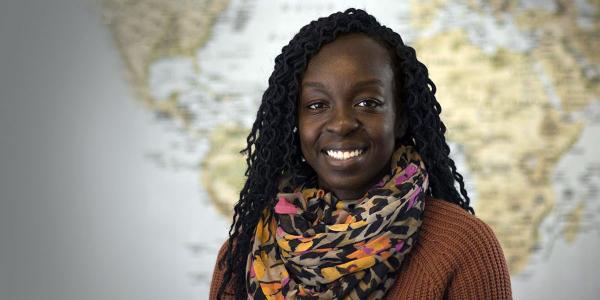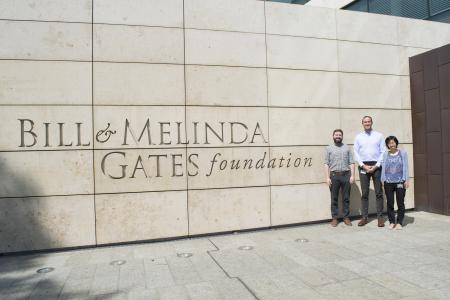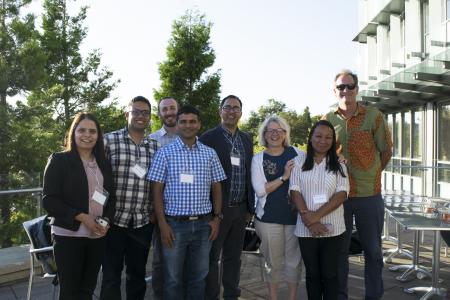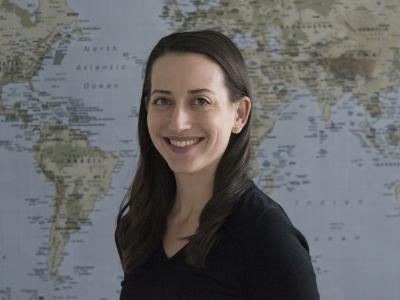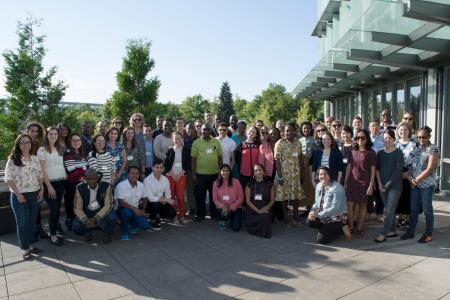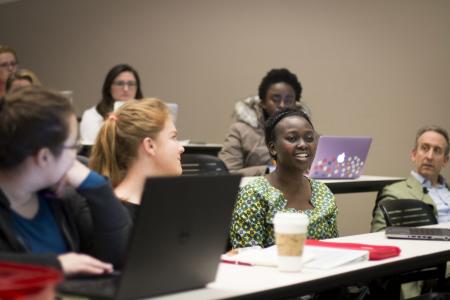2020 MLK Award Winner Inspires Students of Color to be Brave, Challenges all to be Better
Marie-Claire Gwayi-Chore has spent the better part of a decade traveling the globe – examining what public health interventions work, for whom and under what circumstances, and how they can be adapted and scaled up in ways that are accessible and equitable.
It’s no surprise that she's taking the same approach to create a healthy, safe and supportive learning environment for University of Washington School of Public Health students, particularly students of color.
